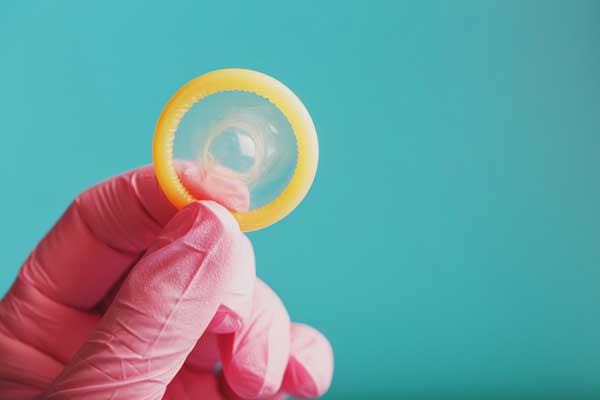The human testes produce around 300 million sperm cells every day. With such efficient production, questions arise around where all these sperm cells go, if there are any problems if they are not released, and if more frequent ejaculation provides health benefits like reduced cancer risk. This article will answer these important questions.

A Quick Review of Sperm Cell Production
Sperm cells are produced in tiny tubes inside each testicle called seminiferous tubules. On average, around 3,500 sperm cells are produced per second. That adds up to 300 million per day or nearly 110 billion per year.
An interesting fact is that the testes have a “blood-testis barrier” between the blood and developing sperm cells. This isolates sperm cells from the immune system since they would otherwise be seen as foreign cells.
Storage and Maturation of Sperm Cells
After production, sperm cells move into the epididymis, a coiled tube along the backside of each testicle. The tube inside the epididymis, called the ductus epididymis, is around 20 feet long when straightened out. This is where sperm cells are stored and mature before potentially being released from the body.
So the long epididymis answers the question of where all the sperm cells go. You can store a massive number of microscopic sperm in a 20-foot tube. However, there are still limitations, and theoretically the tube could completely fill up if ejaculation never occurred.
Breakdown and Reabsorption of Sperm Cells
Rather than waging war on each other when overcrowded, older sperm cells simply degenerate and get reabsorbed by cells lining the epididymis. So as new sperm are continually produced, older sperm are broken down.
This explains what happens after a vasectomy, where the vas deferens transport tube is cut. Sperm can no longer exit, but fluid is still released during climax. Without a microscope, it looks normal. But under magnification, no sperm cells are present since they break down inside.
Potential Benefits of Frequent Ejaculation
With sperm having an exit strategy, could more frequent ejaculation provide health benefits? Specifically, could it potentially reduce prostate cancer risk?
The prostate produces fluids that protect and nourish sperm as part of semen. One hypothesis called “prostate stagnation” suggests that accumulation of prostatic fluids could become carcinogenic, increasing cancer development risk.
Two major studies found correlations between high ejaculation frequency and reduced prostate cancer risk:
- A study of nearly 30,000 men found a 20% lower prostate cancer risk with 21+ ejaculations per month in early adulthood compared to 4-7 ejaculations per month.
- Another study of over 2,300 men found less prostate cancer diagnosed by age 70 in those averaging 4.6-7 ejaculations per week compared to 2-3 per week. This correlation was strongest with higher young adult frequency.
The studies counted any ejaculation method, including intercourse, masturbation, and nocturnal emissions.
Conclusions and Recommendations
First, we don’t need to worry about sperm buildup since the body reabsorbs older sperm.
Second, while promising, more research is still needed to conclusively state that high ejaculation frequency prevents prostate cancer. These studies focused on low-risk prostate cancers and relied on self-reported data.
However, striving for more frequent ejaculation likely doesn’t hurt. If you already ejaculate 21+ times per month, keep up the good work. If not but want to aim higher, go for it! There are certainly relationship benefits as well to more frequent intimacy.
Conclusion
In summary, our bodies have an efficient sperm production and breakdown system to maintain homeostasis. More ejaculations, especially in early adulthood, may correlate with reduced prostate cancer risk, but more research is still needed. Nonetheless, aiming for more frequent ejaculation offers motivation for intimate connection and provides other potential health benefits.
